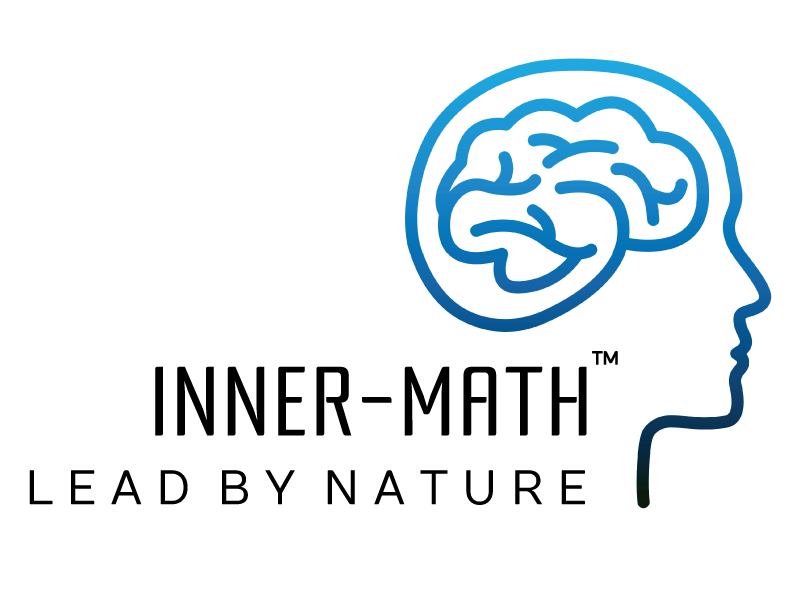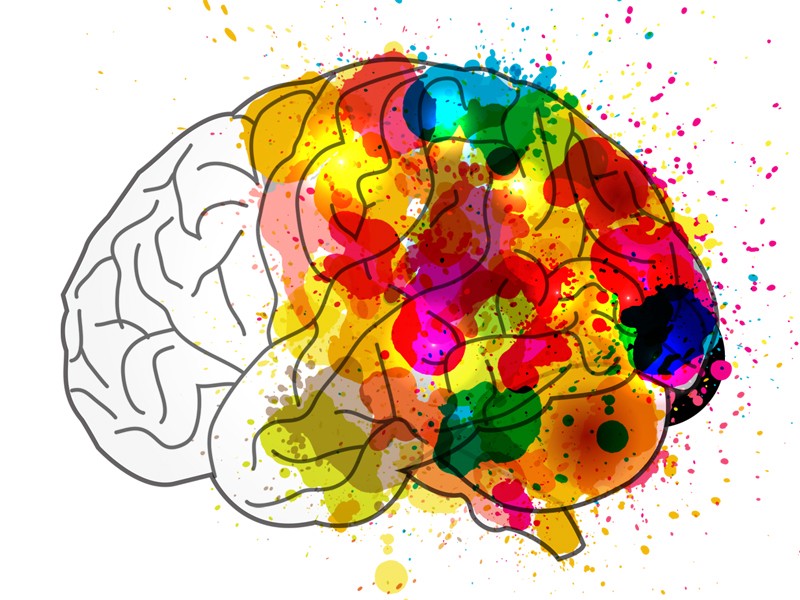
Title: The implications for education of an innate numerosity-processing mechanism.
Author: Brian Butterworth
Source: National Center for Biotechnology Information
Key takeaway: “Very low numeracy can occur in cognitively able individuals with normal access to good education: it is linked to an easily measured deficit in basic numerosity processing; it has a distinctive neural signature; and twin studies suggest specific heritability, though the relevant genes have not yet been identified. Unfortunately, educators and policymakers seem largely unaware of this cause, but appropriate interventions could alleviate the suffering and handicap of those with low numeracy and would be a major benefit to society.”
Title: Dyscalculia: From Brain to Education.
Authors: Brian Butterworth, Sashank Varma, Diana Laurillard
Source: Science Magazine, May 2011
Key takeaway: “Recent research in cognitive and developmental neuroscience is providing a new approach to the understanding of dyscalculia that emphasizes a core deficit in understanding sets and their numerosities, which is fundamental to all aspects of elementary school mathematics. The neural bases of numerosity processing have been investigated in structural and functional neuroimaging studies of adults and children, and neural markers of its impairment in dyscalculia have been identified.”
Neuroscience can be used as an effective tool to improve math education.
Title: The Neuroscience of Mathematical Cognition and Learning.
Authors: Chung Yen Looi, Jacqueline Thompson, Beatrix Krause, Roi Cohen Kadosh
Source: OECD Education Working Papers, No. 136
Key takeaway: “The synergistic potential of cognitive neuroscience and education for efficient learning has attracted considerable interest from the general public, teachers, parents, academics and policymakers alike. This review is aimed at providing 1) an accessible and general overview of the research progress made in cognitive neuroscience research in understanding mathematical learning and cognition, and 2) understanding whether there is sufficient evidence to suggest that neuroscience can inform mathematics education at this point. We also highlight outstanding questions with implications for education that remain to be explored in cognitive neuroscience. The field of cognitive neuroscience is growing rapidly. The findings that we are describing in this review should be evaluated critically to guide research communities, governments and funding bodies to optimise resources and address questions that will provide practical directions for short- and long-term impact on the education of future generations.”


